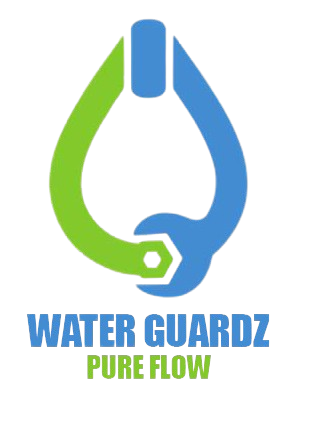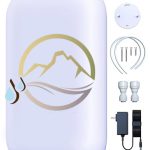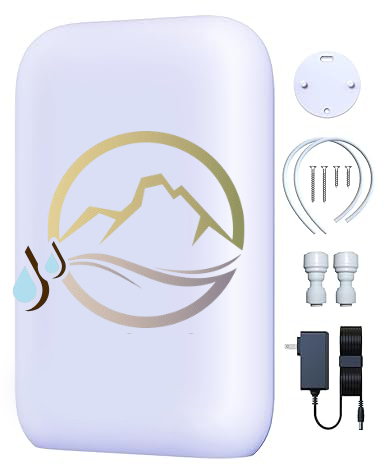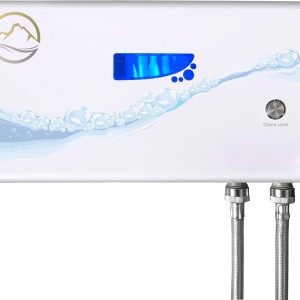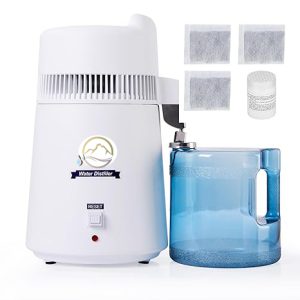Description
-
UV water purifiers use ultraviolet (UV) light to disinfect and eliminate harmful microorganisms from water, making it safe for consumption.
-
How It Works: These systems expose water to UV-C light, which penetrates microbial cells and disrupts their DNA, preventing reproduction and causing them to become inactive.
-
Effectiveness: UV purifiers effectively neutralize bacteria, viruses, protozoa, and other pathogens, including E. coli, Giardia, and Cryptosporidium.
-
Chemical-Free Disinfection: Unlike chlorine-based treatments, UV purification does not involve chemicals, making it a safe and environmentally friendly option.
-
Water Clarity Requirement: UV light is most effective in clear water; sediment and turbidity can block the light, reducing its efficiency.
-
Pre-Filtration Necessity: Many UV systems require pre-filters, such as sediment or carbon filters, to remove particulates that could shield microorganisms from UV exposure.
-
Lamp Lifespan: UV bulbs typically last between 9,000 to 12,000 hours (about a year), after which they need replacement to maintain effectiveness.
-
Energy Consumption: These systems use minimal electricity, often equivalent to a standard household light bulb, making them energy-efficient.
-
Applications: UV water purifiers are widely used in homes, businesses, hospitals, laboratories, and municipal water treatment plants.
-
Residential Use: Homeowners install UV purifiers for whole-house or under-sink water treatment to ensure safe drinking water.
-
Industrial and Commercial Use: Industries such as food processing, pharmaceuticals, and beverage production use UV treatment to maintain high water quality standards.
-
No Change in Taste or Odor: Since UV treatment does not add chemicals, it preserves the natural taste, odor, and color of water.
-
Maintenance Requirements: Regular cleaning of the quartz sleeve and timely bulb replacement are necessary for optimal performance.
-
Cost Considerations: UV purifiers have a relatively low operating cost, but initial installation and periodic lamp replacement should be factored in.
-
Environmental Impact: UV treatment is eco-friendly, as it does not generate harmful byproducts or chemical residues.
-
Future Developments: Innovations in LED UV technology and advanced filtration integration are improving the efficiency and sustainability of UV water purifiers.
-
Conclusion: UV water purifiers provide a highly effective, chemical-free solution for water disinfection, ensuring safe and clean drinking water for various applications.
